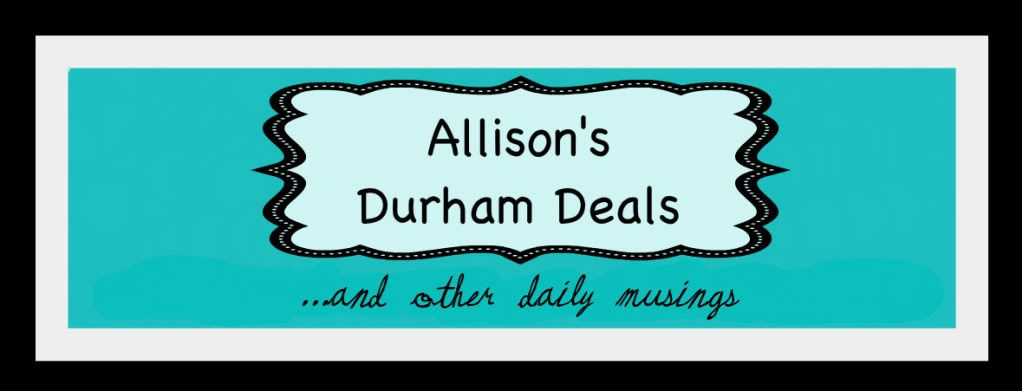I've shared that there are some things about other money saving blogs that drive me crazy. Because this is my blog, and not theirs, I feel compelled to point out another annoyance - what can best be described as "fuzzy math."
When reading some couponing blogs, message boards in particular, you can find pretty misleading math, claims of big savings that just don't add up. With five years of teaching third grade math under my belt, I feel pretty confident in my understanding of percentages (ok, not part of the third grade standard course of study, but still, I'm confident). Confident enough to share with you a few examples because I do believe that this "fuzzy math" sometimes leads couponers to believe that they are truly being thrifty and saving money, while in truth, they are spending more than they ever did pre-coupons.
Here's a little bit of what I'm talking about (all fabricated, but based on real blog posts).
Example Post 1: "100% savings! I only spent $48 at CVS today!"
OK. Problem #1 with this statement - if you spent $48, there is NO POSSIBLE WAY YOU SAVED 100%! The first time I saw something like this I was pretty confused. At one point, I politely posted a comment asking the original poster to share with me how they calculated their savings (thought maybe I was missing something). I was told, "I spent $48 and I saved $48. I spent as much as I saved, so it was a 100% savings!"
Hmmm. Sorry sweetheart, but I have to disagree. If you spent $48 and saved $48, you saved 50% (still quite respectable).
To calculate total savings, divide your savings (48) by your savings (48) + the total amount you spent (48), multiply by 100, so 48/96 x 100 = 50%.
The problem I have with claims like the one above, is that I believe that people are more likely to spend money if they think they are getting a great deal. If you really do believe you saved 100%, it makes you anxious to go out and try it again. This can lead to shopping more often than you did before, and as a result, spending more money than you did before. Really, you wouldn't be saving money at all.
Example Post 2: "I spent $4 today at CVS!" Later in the same post, "I paid $26, but I got a $10 gift card back and $12 Extra Bucks Rewards, so I only spent $4!"
I've noticed that many people like to calculate their savings by counting in any rewards money or gift cards received from purchases. In my opinion, this is can be dangerous. If you had to pay the cashier, that is money that you no longer have. In the example above, your bank account took a hit of $26, not $4. This needs to be accounted for. Sure, you have a gift card and rewards money to use in the future, which is great, but you did spend $26. By not keeping track of this spending, you might be awfully surprised when your checking account depletes or credit card bill racks up.
Example Post 3: "I saved $185 today at Walmart and Walgreens!" Later in the same post, "I spent $87."
Here's my take on a situation like the above. If you spent $87 and saved $185, you saved 68%. If this spending was for groceries, well done! BUT...I've noticed that posts like the one above are often accompanied by a picture of a shopping trip where the shopper has purchased 25 bottles of Old Spice body wash, 12 packs of razors, and 36 air fresheners. As I've written before, there are many ways to get free toiletries and household products. If you spent $87 on stock piling toiletries or random household goods, my advice, SLOW DOWN! Even with a 68% savings, you likely went out and spent $87 on products you really didn't need, or could get for less money.
While some people love to follow every deal, and stock pile in mass when they can get an item for half off, my advice would be different. Unless you are in desperate need of an item (and no one is in desperate need of 25 bottles of anything) wait until are able to get it for FREE or VERY LITTLE out of pocket. By purchasing the items above, you spent $87, which isn't a small amount of money.
It seems that some deal seekers, in their eagerness to score discounted products, lose sight of the fact that buying every deal out there, and often multiple of that deal, can really add up to a large amount of unnecessary spending.
____________________________________________________________________________________
My advice: As you're deal seeking, slow down to look at your spending. If you notice that more money is leaving your pocket than before you began to coupon, reevaluate your approach.


No comments:
Post a Comment